. ..nor do I want to. Not that I would rather have disobedient kids, but…actually that’s closer to the truth. What?! (You say.) What crazy parent would want this?
..nor do I want to. Not that I would rather have disobedient kids, but…actually that’s closer to the truth. What?! (You say.) What crazy parent would want this?
To me, the word “obedient” has such a negative connotation when used in reference to raising children. It literally means to obey. As in, orders.
Is that what parenting is? Ordering our children through their youth? I guess it would be nice if my kids followed my orders just because I said so. Put your toys away. Eat this food. Find new friends. Date this person, not that person. Take this job, not that one. Have your first child by this date. Buy a house at this random location on the map, just because I said so.
If we are teaching our kids to be “obedient,” at what point do we stop ordering them around? And what if there’s a strong reason not to obey someone’s order? A “good“ child — one who is taught to be obedient — might not have the forethought to see a situation through.
I don’t want children who obey without hesitation. I want children who can think for themselves, recognize and listen to their feelings and instincts and respond appropriately.
What I mean when I say I’d rather my kids be “dis”obedient is really more like be deliberate. I want my kids to think about what they’re doing, assess the situations they’re in and make internally motivated decisions. I don’t want them to do things just because I said so — though I know that with the number and types of interactions I have with my kids at their current ages of 4 and 6 years old, doing things because I said so would certainly be nice sometimes. All of the questioning, reasoning, arguing and explaining I hear after a simple request does get time-consuming and tiring.
But I appreciate the thought my kids put into their explanations to not do something I ask. Raising non-obedient kids will become very important in several years when they are out alone — maybe with friends or maybe truly on their own; in either case, without parents — and must evaluate an emotionally or physically risky situation. They need to be able to recognize their feelings, appreciate the significance of those feelings, and trust their instincts to make a considerate and educated decision, a fitting decision — not an obedient decision.
Getting out of the mindset that children need to obey parents “because we say so” and instead developing a mutually respectful relationship that inspires independent thinking will be hugely beneficial for my kids and our family in about 10 years. As aggravating as some situations at this point in time, I will gladly take this challenge on now rather than later.


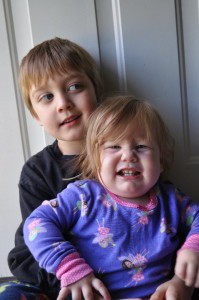
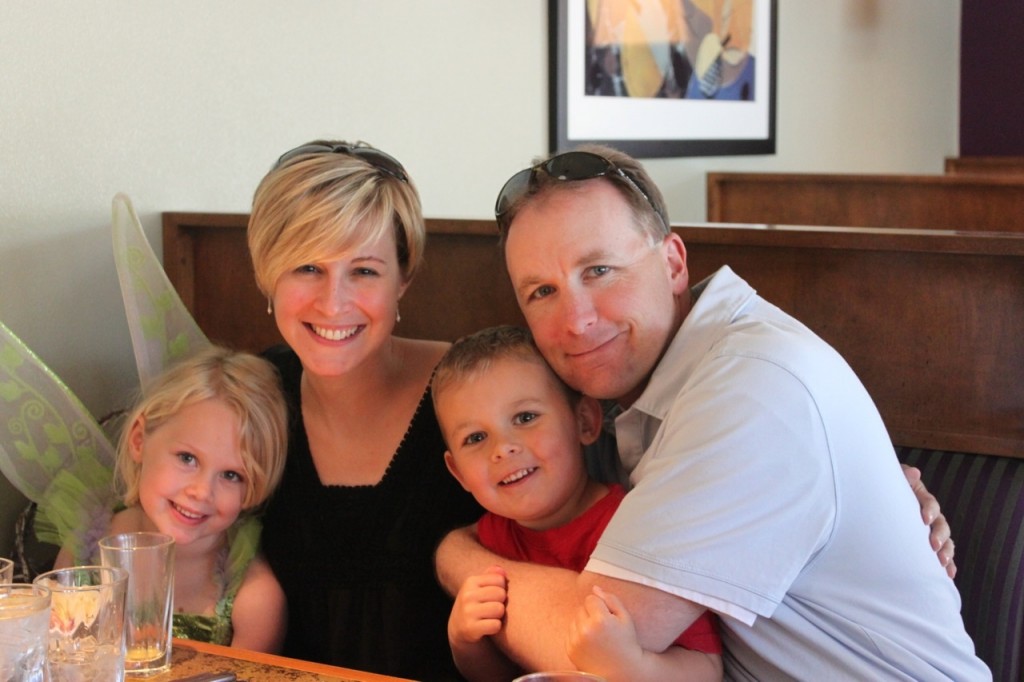
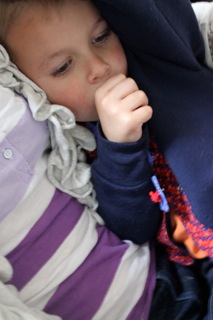 Then I was sure we both were calm, and our conversation went like this (I was trying to “Listen for Understanding”):
Then I was sure we both were calm, and our conversation went like this (I was trying to “Listen for Understanding”):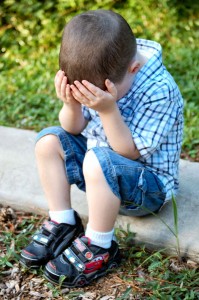 Let’s be honest: toddlers and young preschoolers can wear on even the most patient person’s nerves. From the constant questions (“why?” “wat dat?” “where mama go?”) to the wild mood swings and outbursts,
Let’s be honest: toddlers and young preschoolers can wear on even the most patient person’s nerves. From the constant questions (“why?” “wat dat?” “where mama go?”) to the wild mood swings and outbursts, 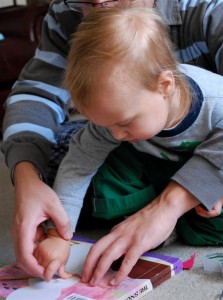 important they are to you. Give them affection without limit, without reservations, and without excuse. Pay as much attention to them as you can, regardless of mood or circumstance. Let them know you’re delighted to be with them, that you care about them no matter what happens. This basic posture is completely different from praise, which is doled out as a response to something a child does.
important they are to you. Give them affection without limit, without reservations, and without excuse. Pay as much attention to them as you can, regardless of mood or circumstance. Let them know you’re delighted to be with them, that you care about them no matter what happens. This basic posture is completely different from praise, which is doled out as a response to something a child does.